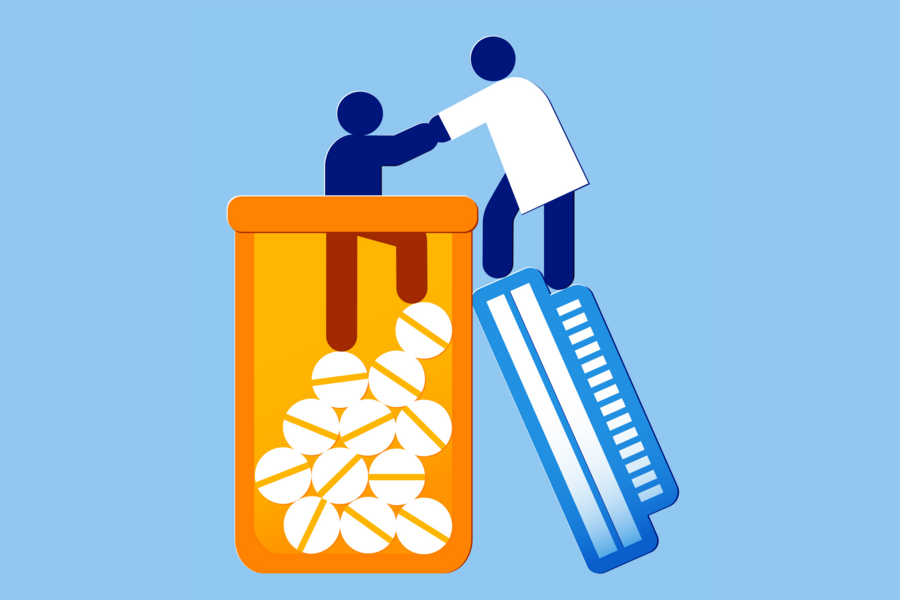This treatment facility offers men and women access to a long list of healthcare services. These include harm reduction education, peer-led support groups, individual counseling, and relapse prevention training.
Table of Contents
Intensive Outpatient Program (IOP)
The impact recovery center is a clinic in Atlanta that provides treatment for adult alcohol and substance addiction. The program is based on a 12-step approach and features alternative treatment methods like yoga, golf, and financial literacy courses. Additionally, the facility hosts social events to help clients build a support network. The staff is also dedicated to creating a community of program participants and alumni.
Outpatient programs are more flexible than residential treatments. However, they require that clients attend sessions at least several times a week. It can be difficult for individuals with jobs, childcare responsibilities, or other commitments. Intensive outpatient programs, or IOPs, offer more flexibility while allowing clients to work and meet other obligations.
This level of care is perfect for those leaving residential treatment or requiring less intensive support. The facility provides peer-led support groups, aftercare programs, group and individual counseling, and relapse prevention training. For more information on the many programs an impact recovery center offers, visit https://impactrecoverycenter.net/atlanta/.
Medication Assisted Treatment (MAT)
Treatment for substance use disorders using a “whole-patient” approach combines medicines with counseling and behavioral treatment. MAT has been proven to increase the success of addiction treatment and is effective in treating opioid use disorder (OUD). Medications used in MAT can help to alleviate withdrawal symptoms, curb cravings and block the effects of opioids on the brain.
Currently, three FDA-approved medications are available to treat opioid use disorder: methadone, buprenorphine, and extended-release naltrexone. These medications work to normalize brain chemistry, block the euphoric effect of opioids and relieve physiological cravings, all without any adverse side effects associated with heroin.
Despite decades of clinical research proving MAT’s effectiveness, it is still underutilized. It may be due to misconceptions that MAT substitutes one drug for another or result from stigma and discrimination against individuals who require these life-saving medications. Thankfully, many organizations are working to change this.
Residential Treatment
You will live at the facility during residential treatment and participate in group and individual therapy sessions. You will learn coping skills and work with a team to develop a life-long recovery plan. You will also participate in wellness education, job training, and 12-step meetings.
Some people have co-occurring disorders, such as depression, anxiety, or bipolar disorder, in addition to drug or alcohol addiction. These are called dual diagnoses and require specialized treatment. Some facilities offer dual-diagnosis programs that can treat both disorders at the same time.
Men and women attending the program will receive various services, including gender-specific counseling, relapse prevention training, peer support groups, family support programs, community service opportunities, employment support, and aftercare programs. These services will help you make a lasting change in your life. Additionally, you will learn coping mechanisms from the professionals that you can use to control your substance usage forever.
Support Groups
The National Institute on Drug Abuse (NIDA) states that participating in support groups during and after drug rehab can help you keep your sobriety. NIDA also notes that these types of groups can provide encouragement and accountability.
There are many different kinds of support groups available. Professionals and others lead some by other members of the group. Some are focused on a particular substance or type of addiction, while others focus on a specific life issue like depression or anger management.
Several support groups offer gender-specific treatment for women; some even include a housing program to allow clients to live on campus while attending drug rehab. Regardless of which facility you choose for addiction treatment, many services can be accessed through these programs, including 12-step meetings, relapse prevention training, counseling sessions, and various holistic therapies like therapeutic fitness, art therapy, meditation, and yoga. These treatments are all designed to address the underlying issues that cause addiction and can be an essential part of your long-term recovery.

